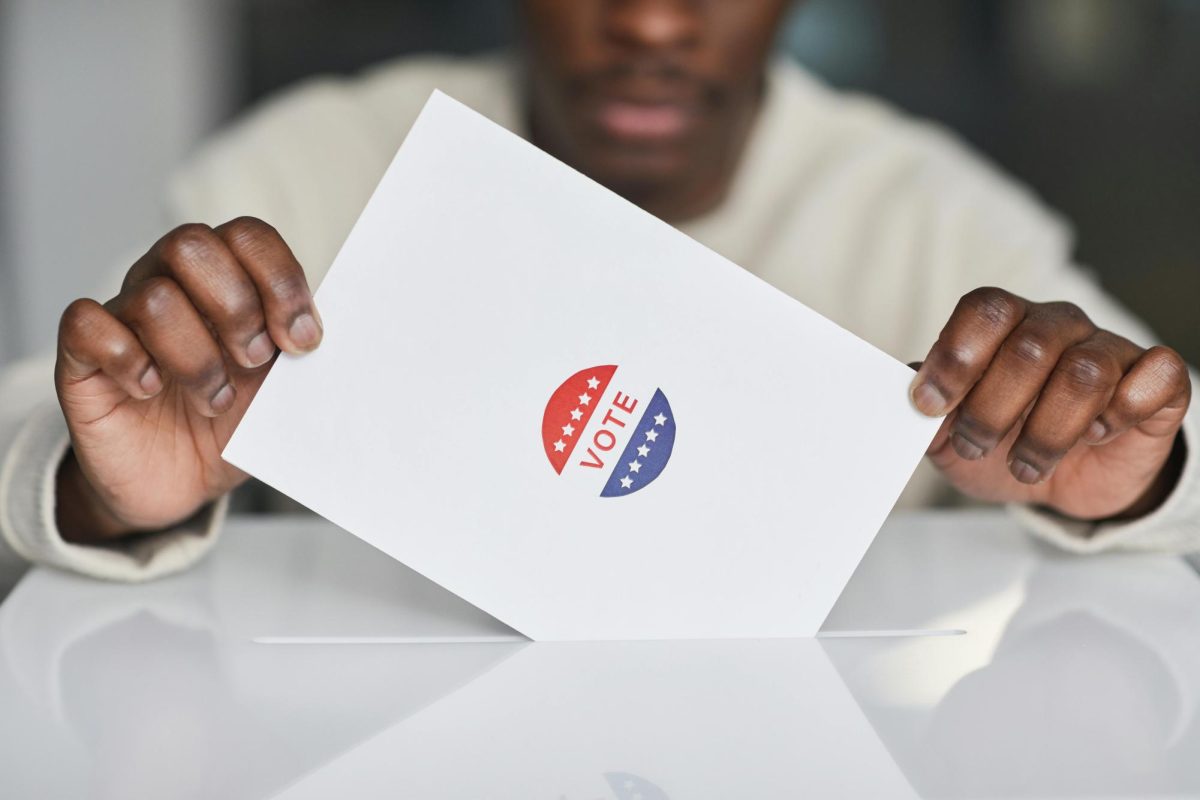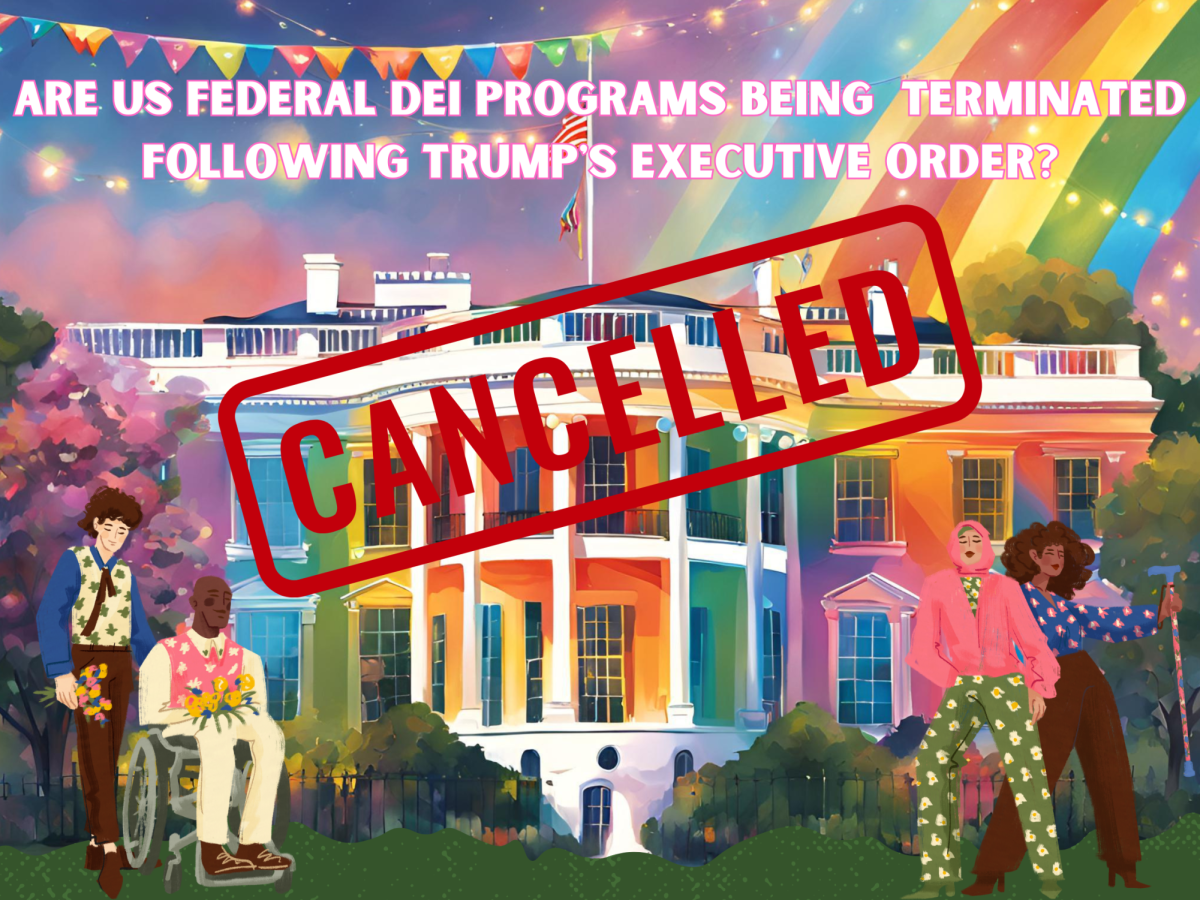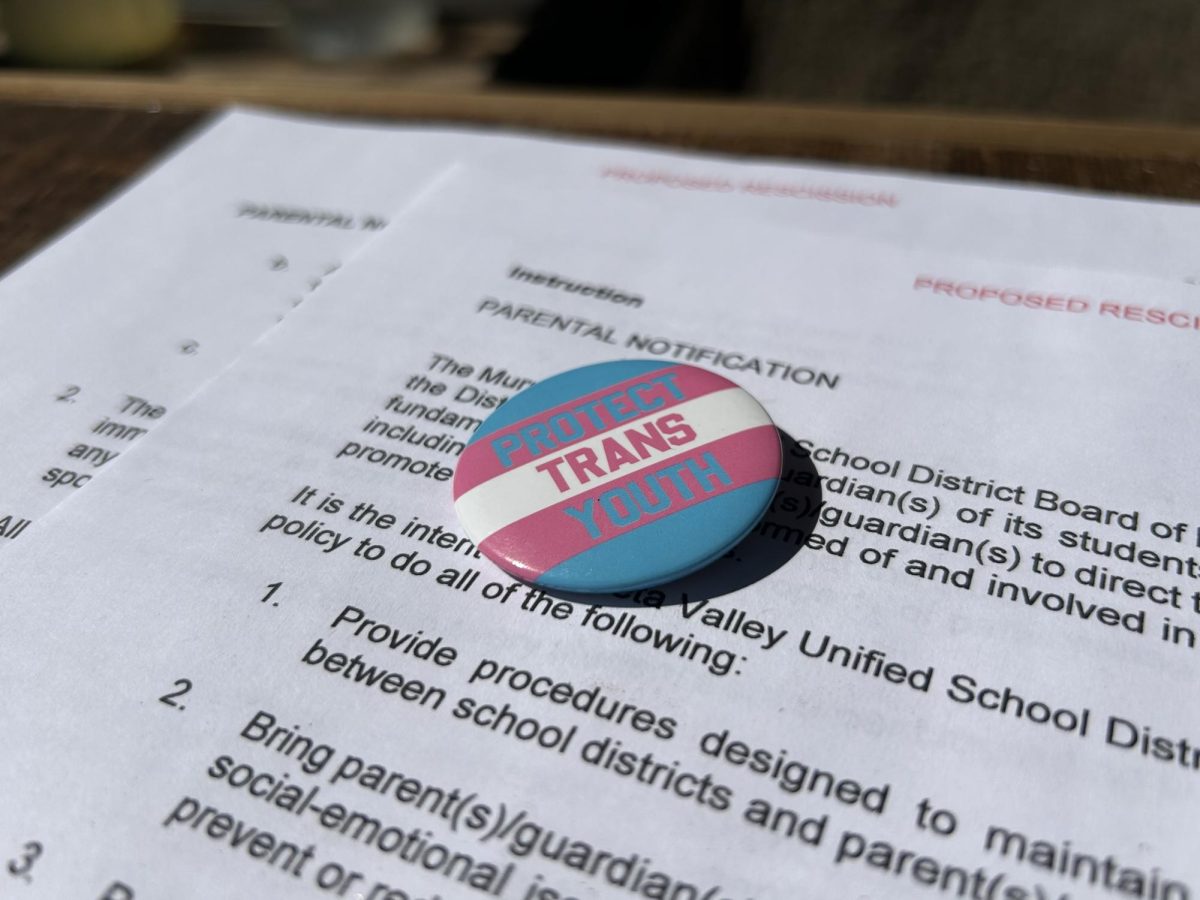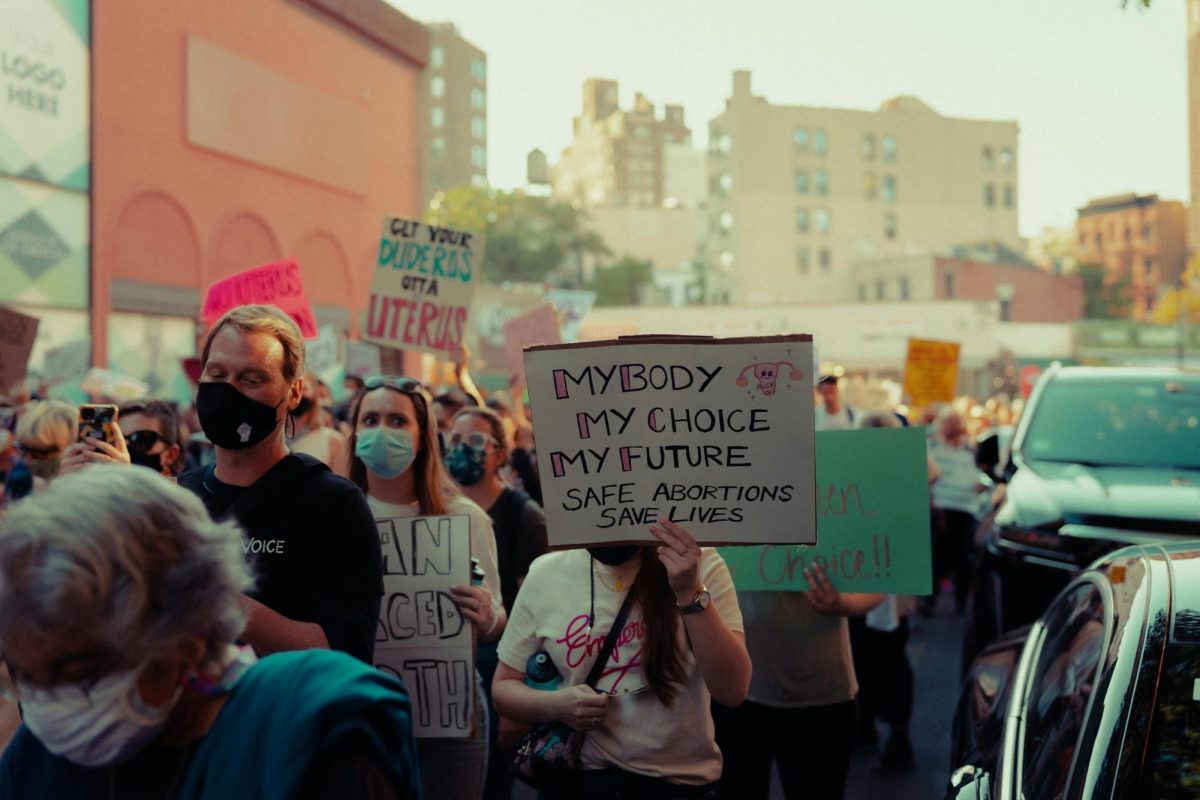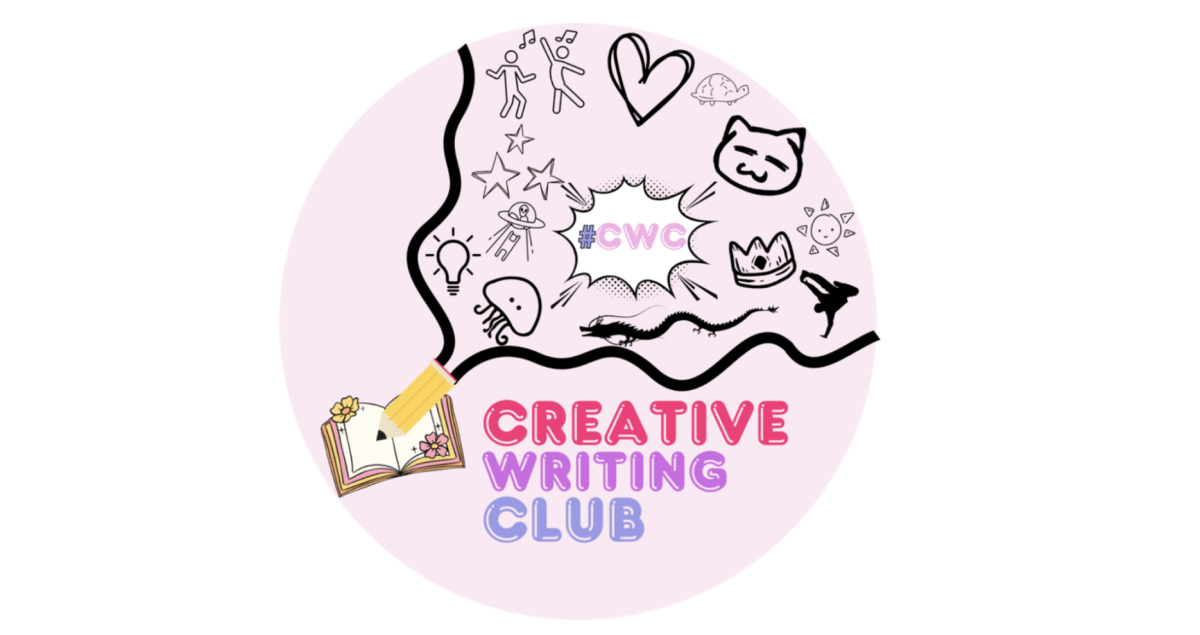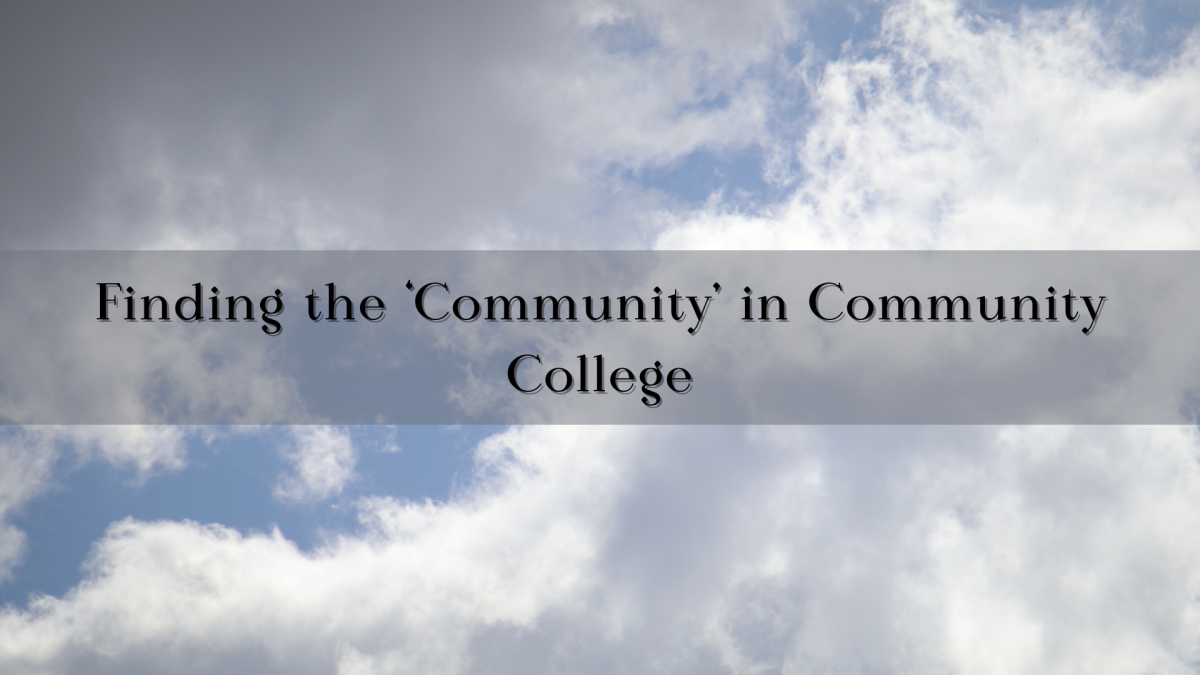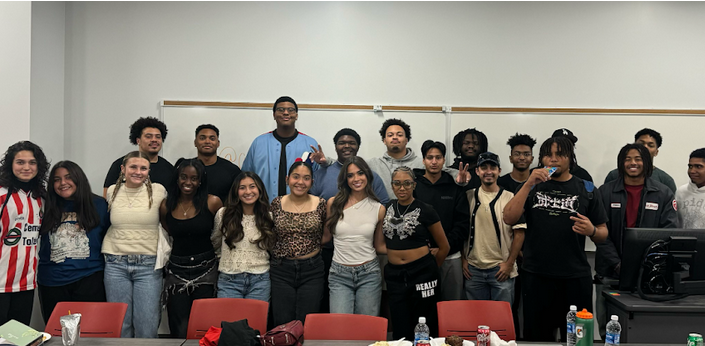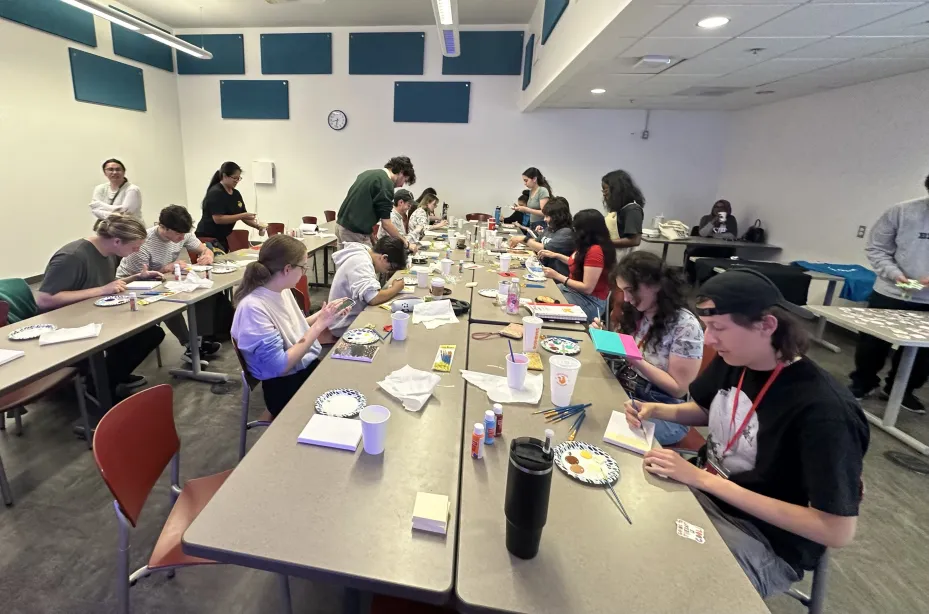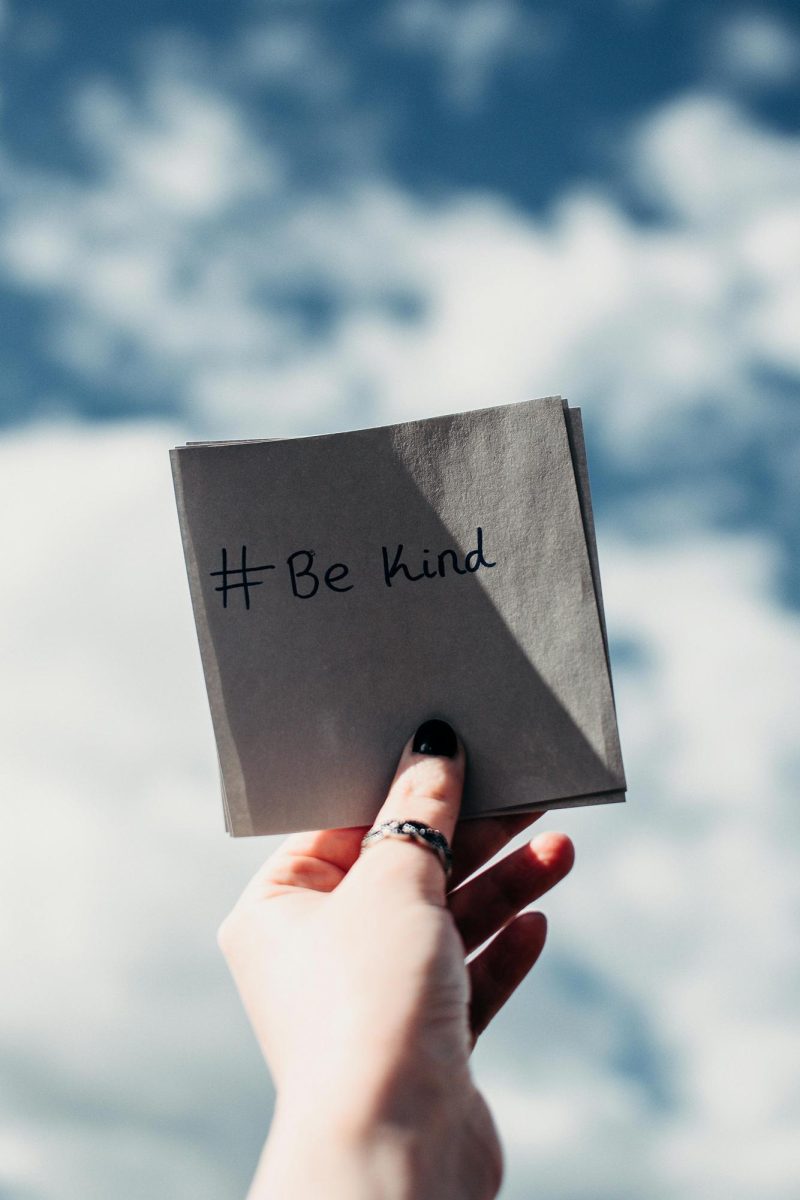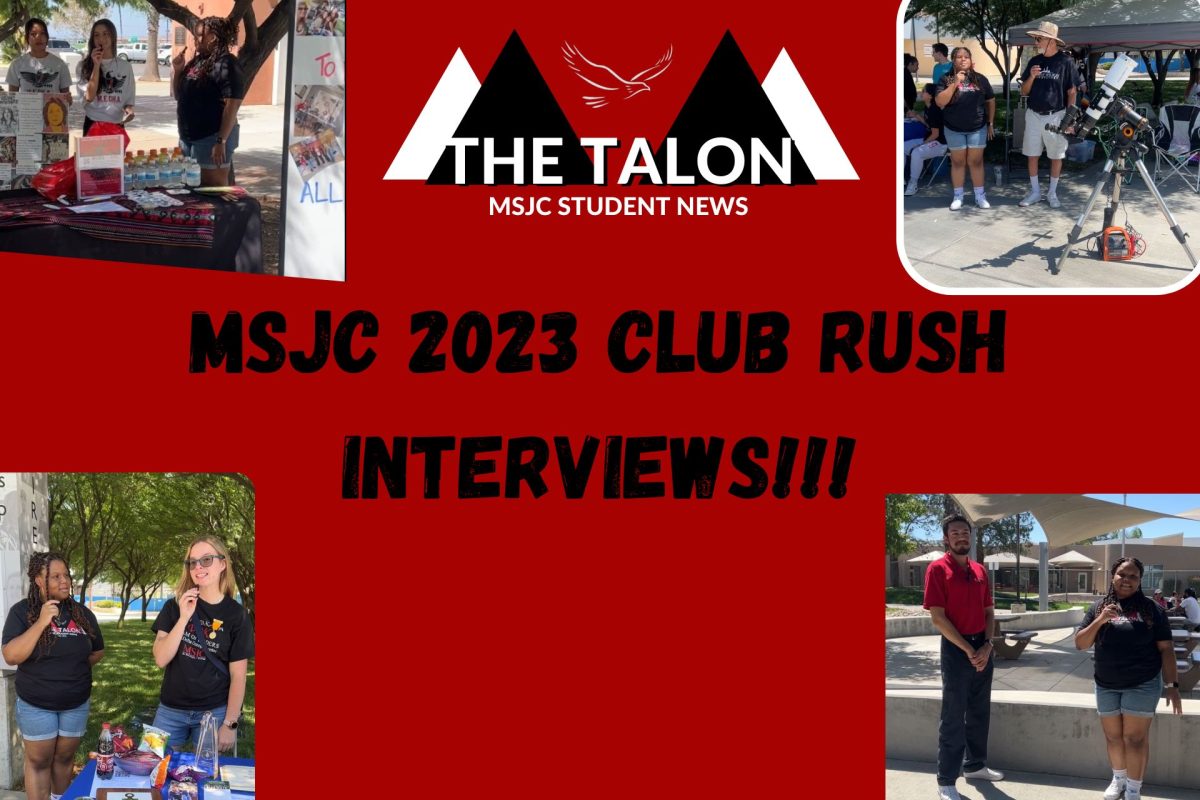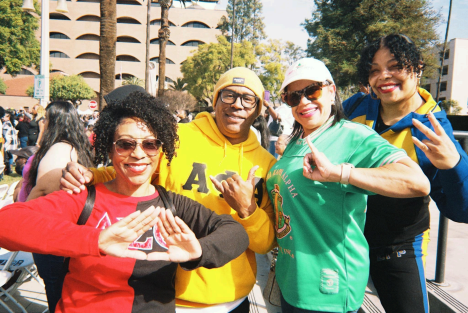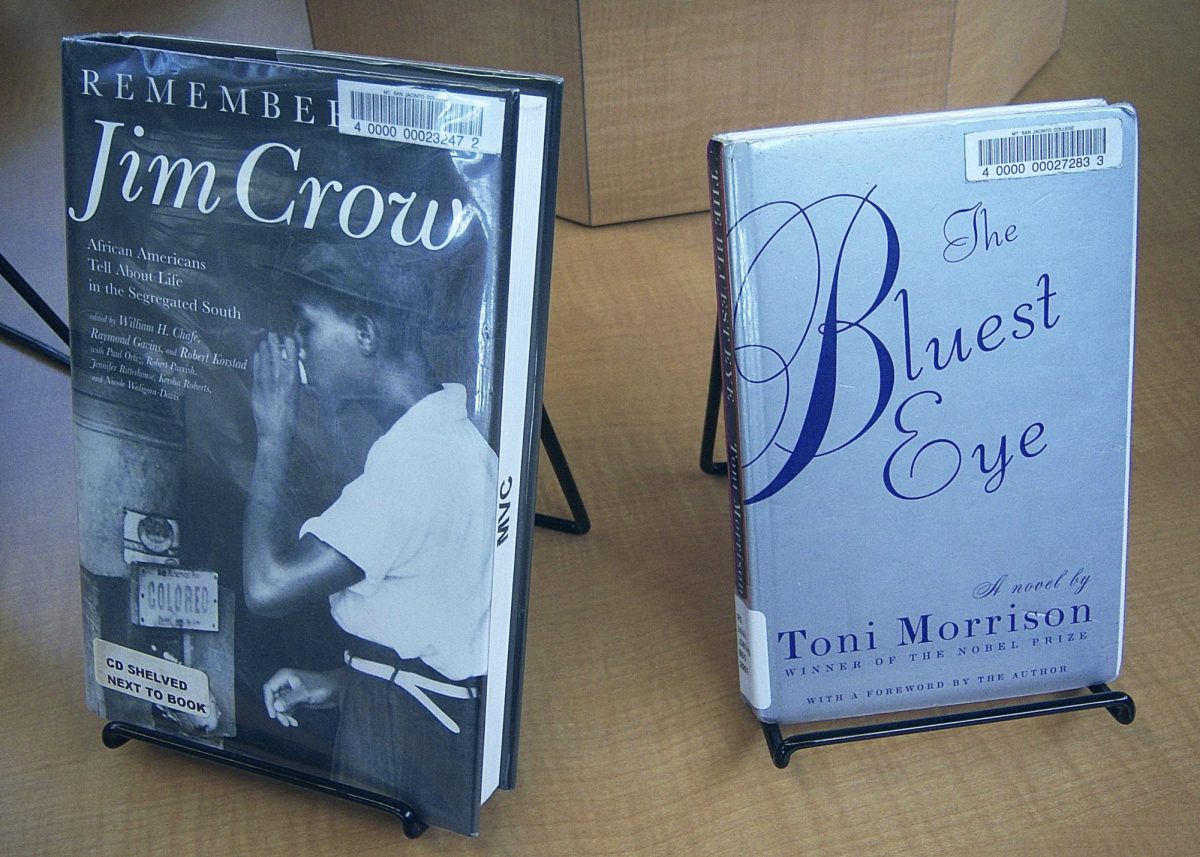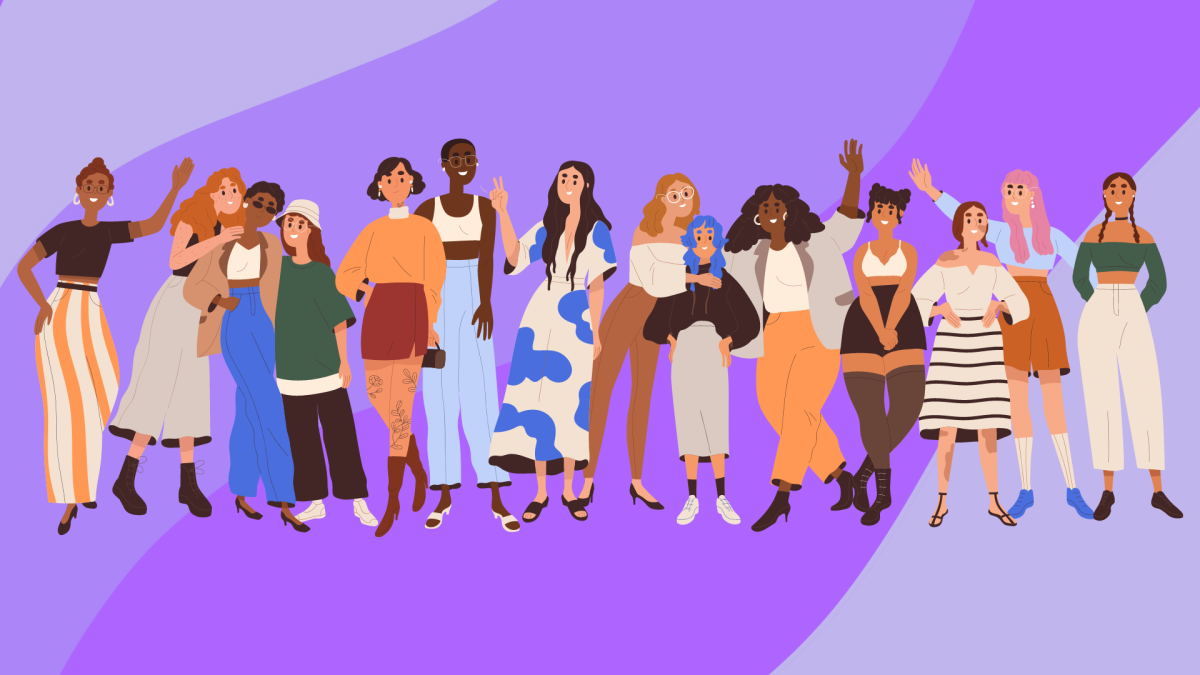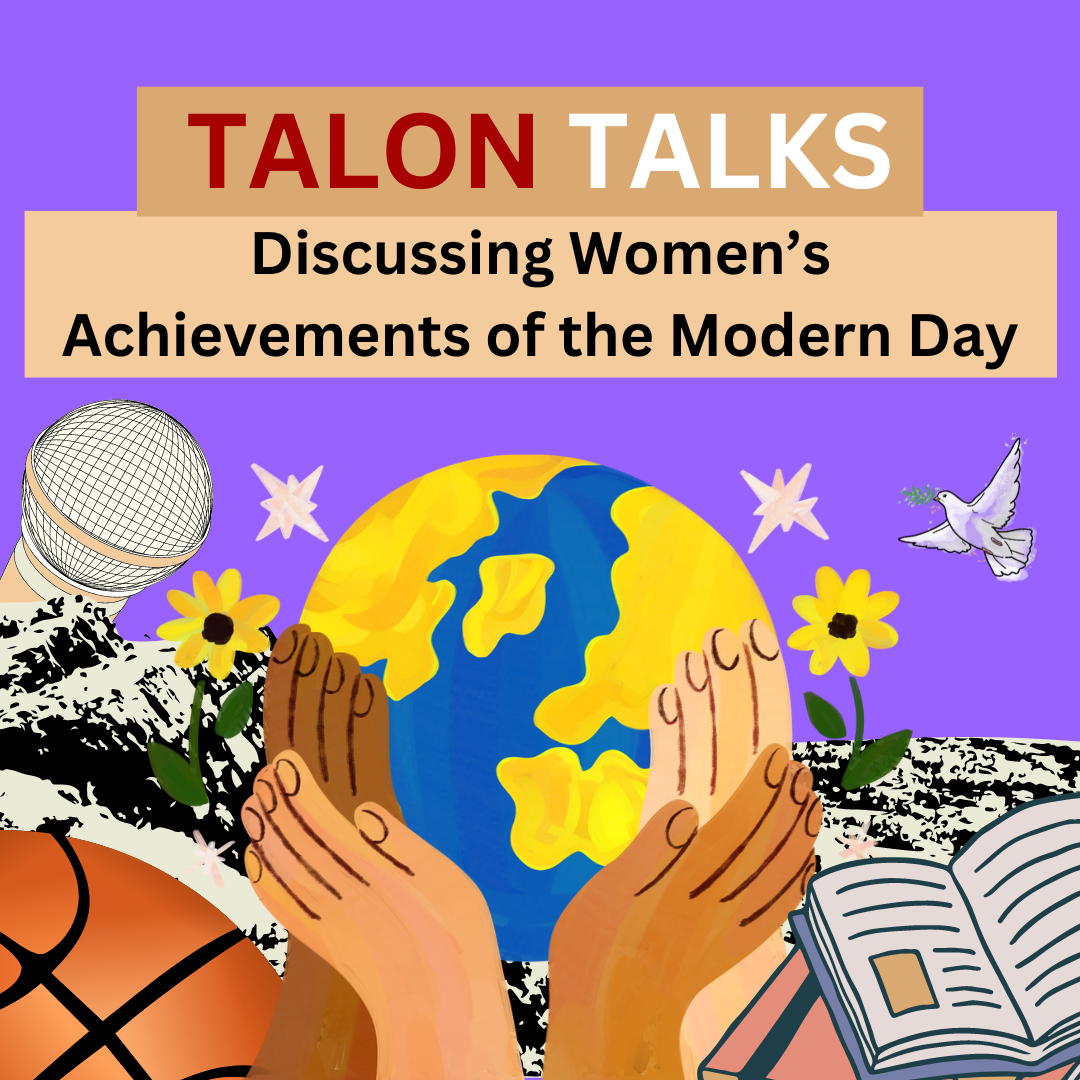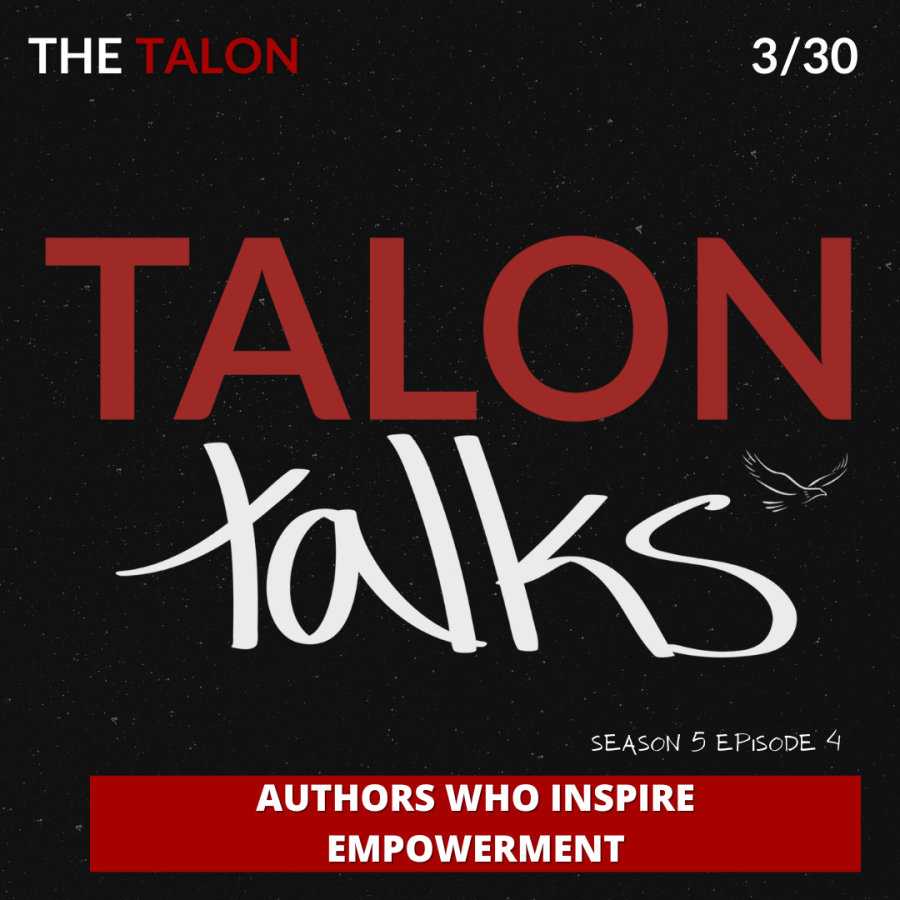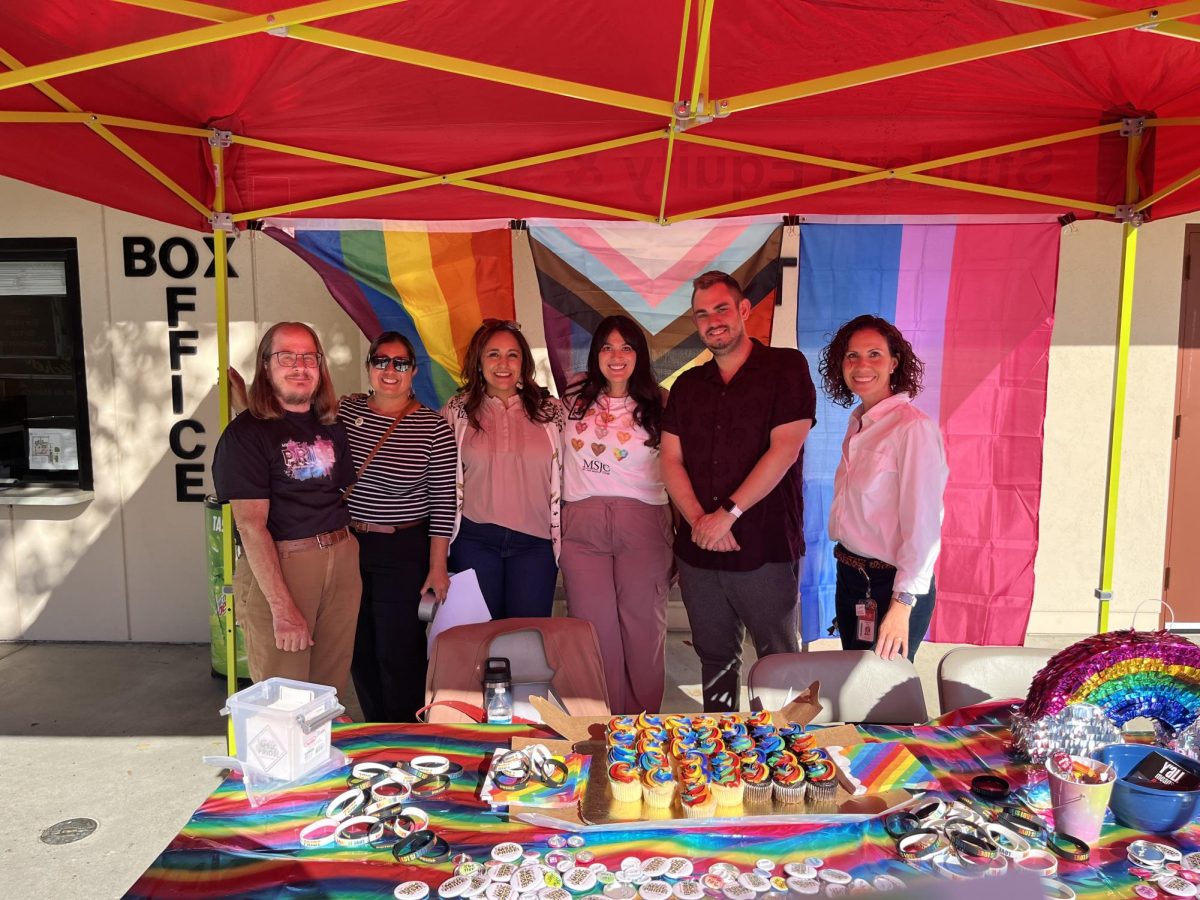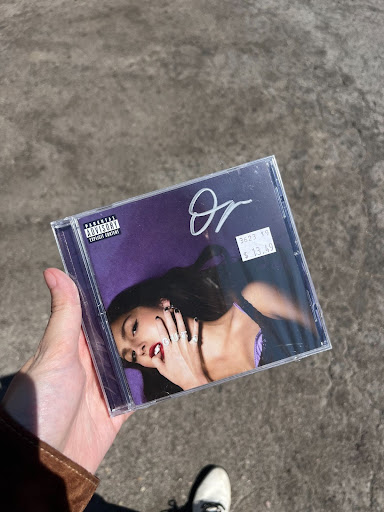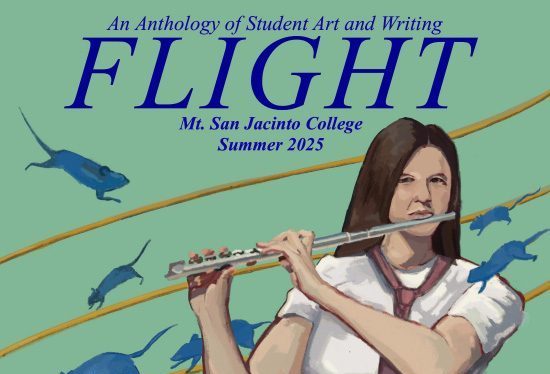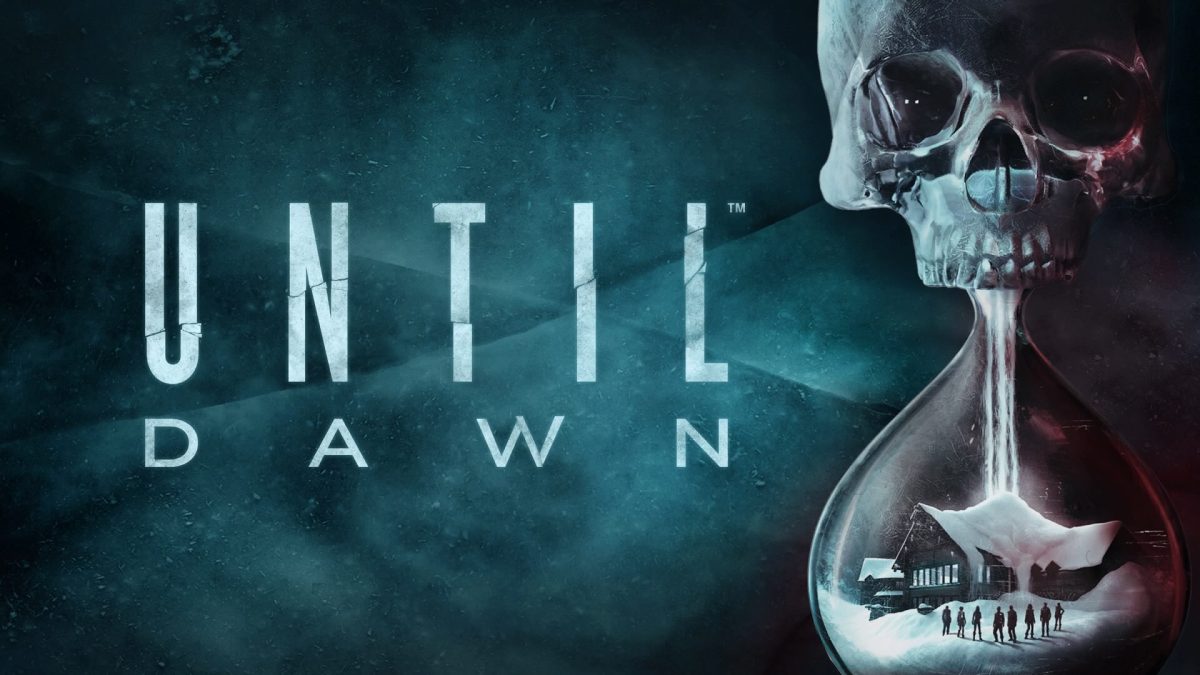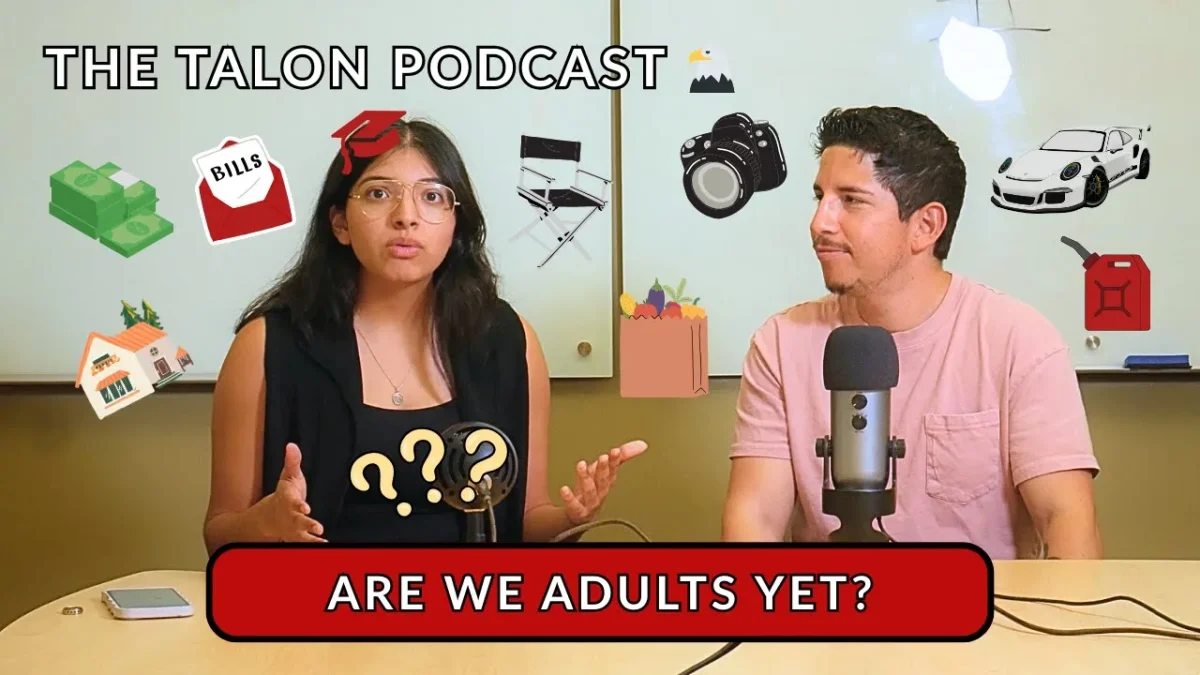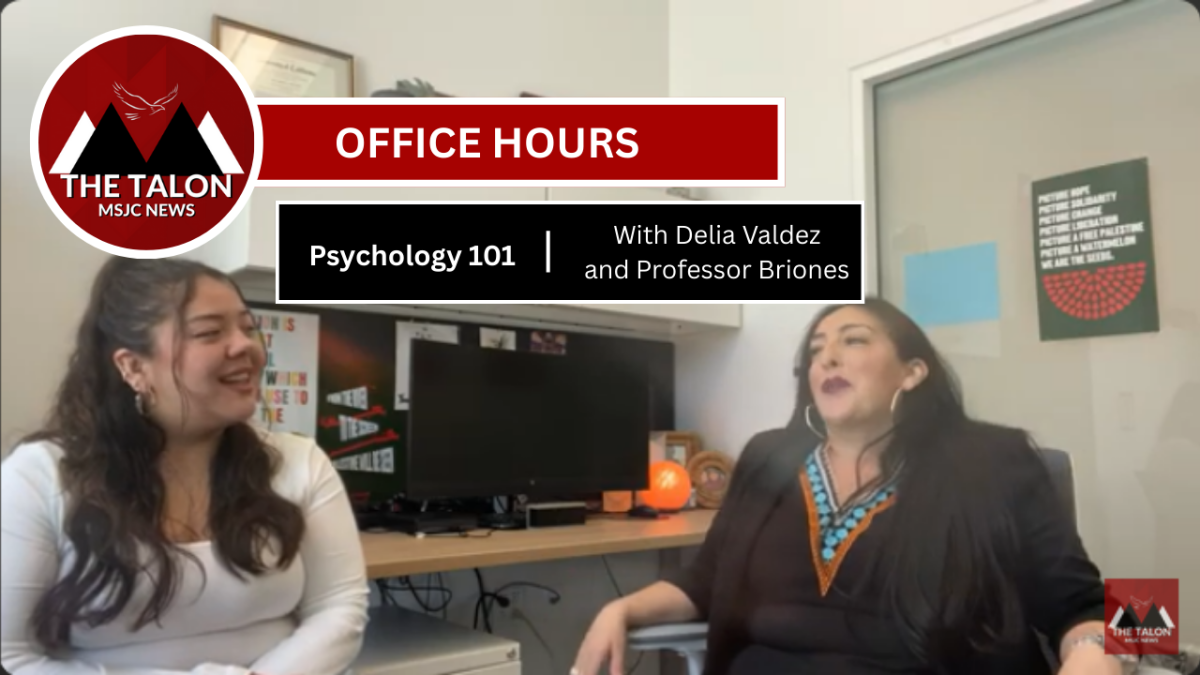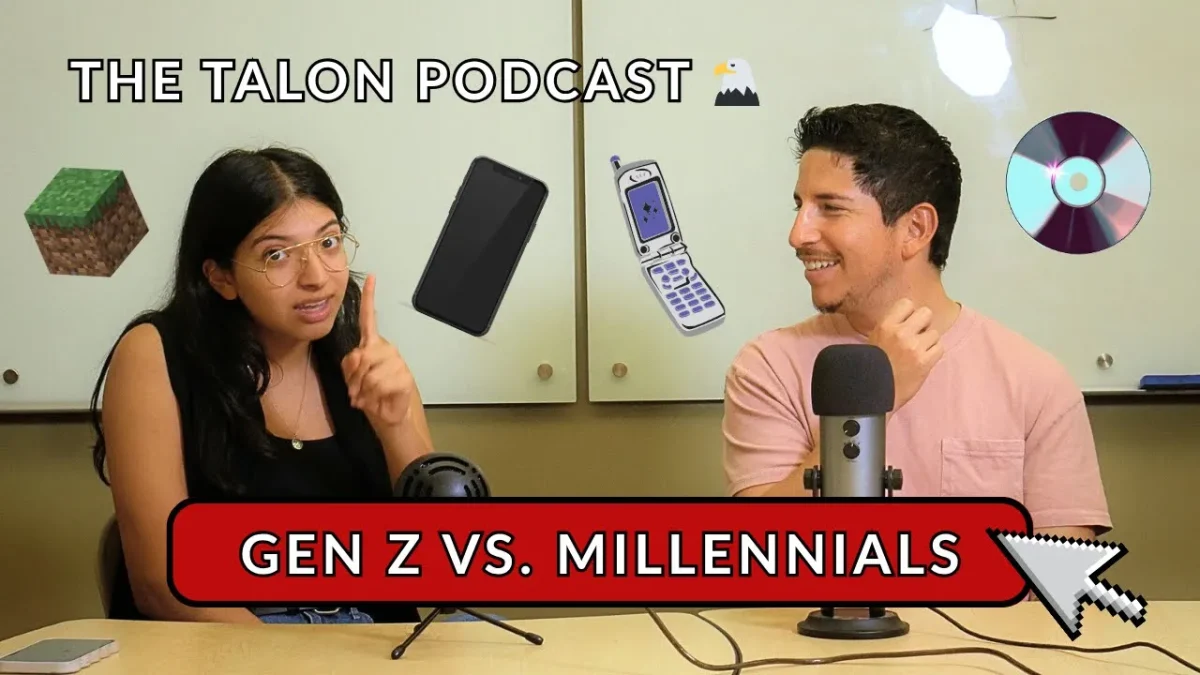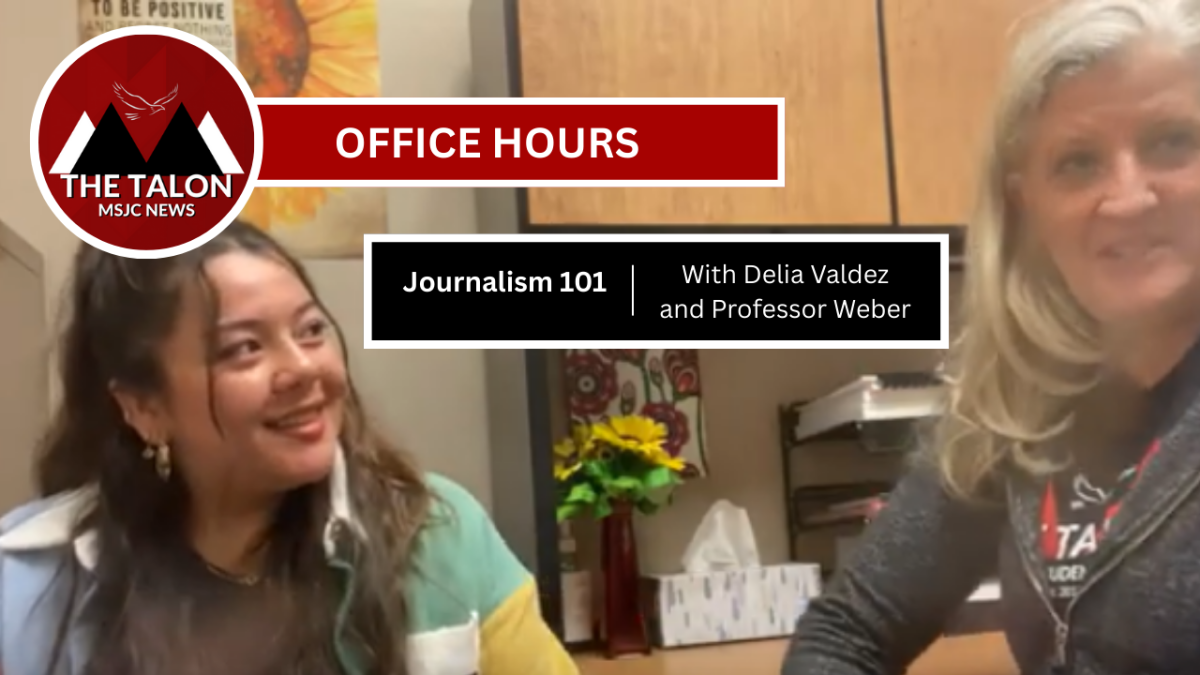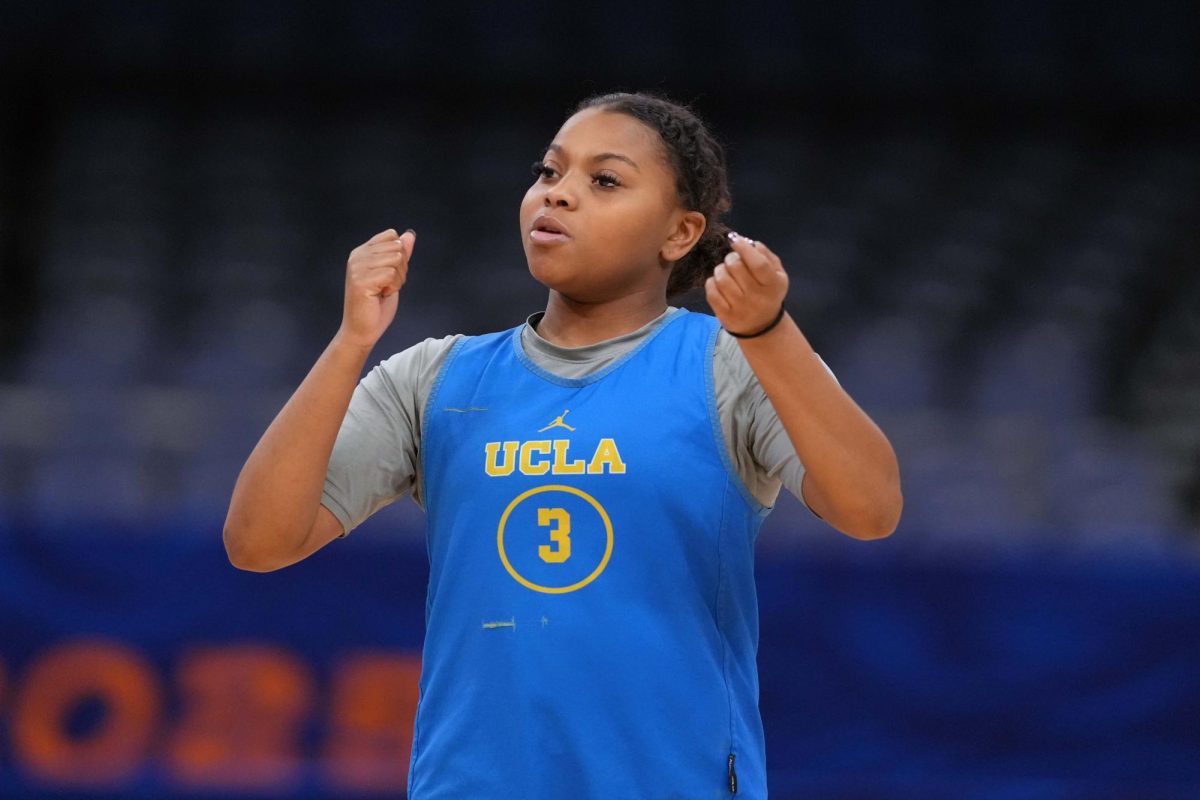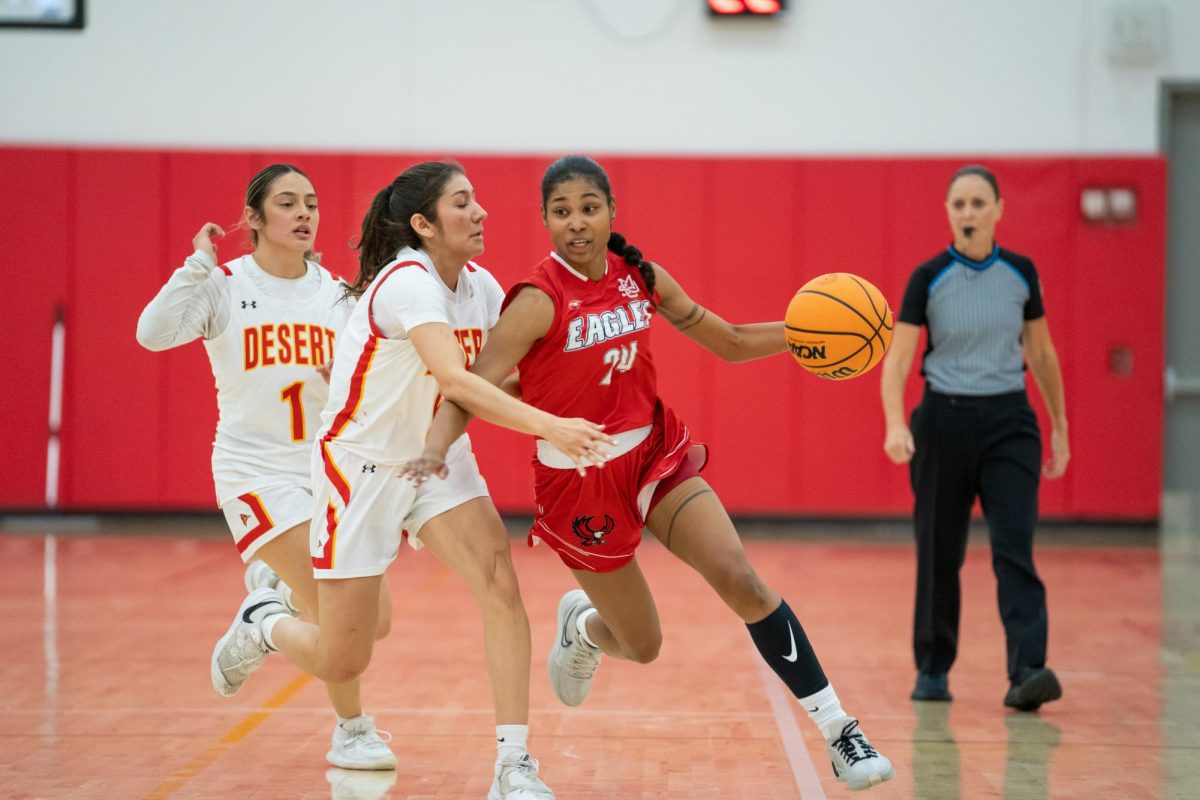Generation Z, a generation that has been through quite a lot here recently. Living in a constant digital era, an uncertain era, and a lonely era. When talking about a fully digital era, I believe that it is taking away from truly being able to go outside and talk to other people face to face, as if we are afraid of physical contact or just tired of having flaky friends, along with potentially social harming habits that causes Gen Z to be lonely all of the time.
As I did some research with a couple of YouTube videos, I came across some terms that I wasn’t familiar with before, such as “a low-maintenance friendship.” “Flakey friends.” These two stood out to me the most due to the nature of how often they are used; I came across this article from Refinery29 titled “The Problem With Low-Maintenance Friendships” by Daisy Schofield. The article itself was a very good and interesting read. Many teenagers and young adults can find parts of this article very relatable. It tells the true story of a friendship dynamic between two teenage girls, even though they have been friends for a while, one of the girls, Ruby, finds it difficult to connect more and get closer to her best friend, Marissa. She describes her as a “low-maintenance friend.”
The article states that “a term typically used to describe friendships which require minimal effort to upkeep. While everyone’s understanding of what counts as low-maintenance will differ to some extent, it’s generally thought of as a friend whom we might send an occasional text to check in with, and go for lengths of time without seeing.” Now, the differences with a low maintenance friendship do differ as some view it in a positive sense and others in a negative sense. I asked four people I know in person and online how they feel about the low-maintenance friendship epidemic. Two agreed and two disagreed. The two who agreed mentioned that it was a good way to keep a connection while still having time for themselves. They also said it helped loosen the pressure of a “traditional” friendship, as they savor their alone time more than always wanting to be with their friends 24/7, as it was more convenient. Now, for the two who disagreed, they found it lazy and rude, because if one friend is doing their best to throw in maximum effort, why couldn’t that effort be reciprocated back? Along with going out of their way to use their energy to constantly make the plans without any feedback or rarely a response. The two who disagreed said that the low-maintenance friendship borderline ended friendships because they didn’t feel appreciated and felt like an afterthought to the friends who are “Low maintenance.”
I also found another online article titled “Are Low-Maintenance Friends Actually Good for Us or Are We Just Being Lazy? The Balance Between Care and Neglect” by Julie Nguyen from VeryWell Mind. A direct quote from the article could resonate with the two who disagreed with the idea of a low-maintenance friendship. “Some people can use low-maintenance friendships as an excuse to prioritize other parts of their lives and take their friendships for granted, hoping they will stick around because of the shared memories and love they have.” As going back to where they said to where they didn’t feel appreciated, I feel like this quote right here speaks volumes about where they are coming from as they feel like they are put on a back burner for other activities, rather than just being honest about not wanting to hang out or just updating friends,; however we are also in a time where no one owes an explanation to anyone. This can lead to conflict, as no one wants to feel like a burden to their friends or feel as if they are asking too much. I genuinely believe that everyone wants to feel appreciated for their efforts within a friendship and always to have a close circle to call home, as no one wants to feel lonely. No one wants a lonely life, it’s not a happy one. This is why I believe that some people go the extra mile to make friendships and relationships work truly; no one wants to be left behind as an afterthought. We all desire true friendship or a lifelong partnership. I believe that a low-maintenance friendship is very 50/50 from my perspective. I truly believe that communication must constantly be had for any relationship to work. If you aren’t feeling appreciated and you voice it. Then, if the other party doesn’t either acknowledge you or consider your feelings, then it would be time to end that friendship. Even though it would be hurtful to your heart to end a long friendship, think of potential new connections after leaving behind an empty friendship for something with more fruit.



